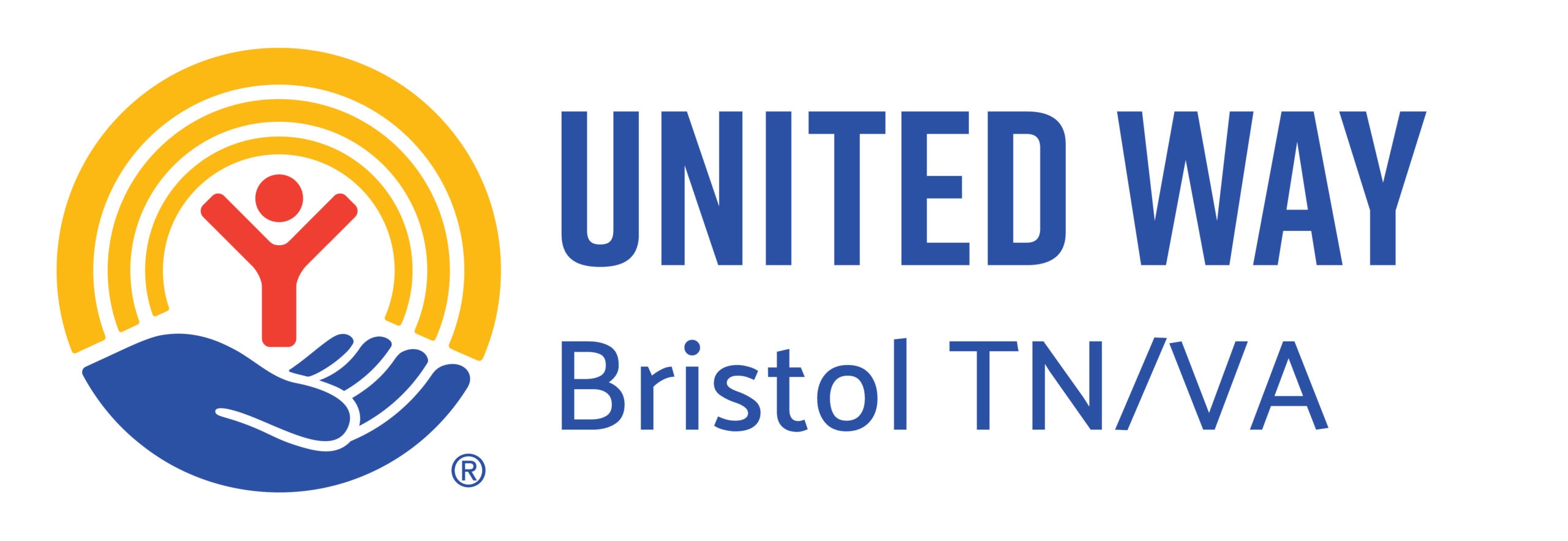Bristol Tennessee City Councilman Ben Zandi has proposed balancing the city’s budget by, among other things, eliminating the city’s donations to nonprofit agencies serving Bristol.
Specifically, Zandi cited the United Way of Bristol, Believe in Bristol, and Rhythm & Roots Reunion as agencies whose funding by the city should be cut. Of the city’s $109 million budget for 2013, $36,000 was directed to United Way. Zandi’s argument in favor of cutting these funds is that the “United Way … is a private sector venue” and “If [citizens] want to donate to United Way, they should give to United Way.” But “the city shouldn’t tax residents to give that money away to United Way.”
While this might sound convincing at first blush, does it really stand up to careful scrutiny?
Prior to 2001, the city of Bristol, Tenn., addressed human services needs in the community by allocating funds directly to nonprofit agencies. In FY 2001, $56,162 was allocated by the city to six nonprofit agencies, including the Bristol Regional Counseling Center, Children’s Advocacy Center, and Bristol Speech and Hearing Center.
City officials noted that they had in place no system of reviewing the agencies and how they spent the money allocated by the city. Then-City Manager Tony Massey approached the United Way of Bristol with the idea of allowing the city to transfer its contributions to United Way for disbursement, recognizing that the United Way had in place an existing system of needs assessment and an evaluation procedure for agencies receiving funding. The City Council approved the staff proposal and since 2001, city money has been directed to the United Way in decreasing amounts.
Since 2001, the United Way of Bristol has continued with its community needs assessment and annual reviews for each of its agencies.
The UWB has then passed along the city of Bristol, Tenn.’s funds, dollar-for-dollar, to the same agencies designated by the city in 2001, after determining that the prior year’s funds were appropriately used to provide human services to residents of Bristol, Tenn.
The city’s funds are not placed into the UWB’s general funds; none of the city’s funds are used for the UWB’s administrative or overhead expenses. Instead, every penny designated by the city goes directly to one of the agencies that the city selected, in addition to the allocations to those agencies made by the UWB following its campaign.
The UWB has – gladly, ably and without charge to the city – performed the task of evaluating the recipient agencies and making sure that the city’s money is used appropriately for basic human services such as counseling for children victimized by sexual abuse, speech therapy for children and adults with hearing and speech disorders, and job training for mentally-challenged adults.
The underlying question is not whether Bristol, Tenn., residents should be taxed to donate money to nonprofits, but whether the city of Bristol, Tenn., should participate in funding delivery of necessary human services to its residents.
If so, utilizing the United Way of Bristol as the mechanism for directing city funds is the most cost-efficient and most effective manner of doing so.

Join our mailing list to receive the latest news and updates from our team.
You have Successfully Subscribed!